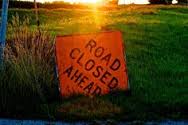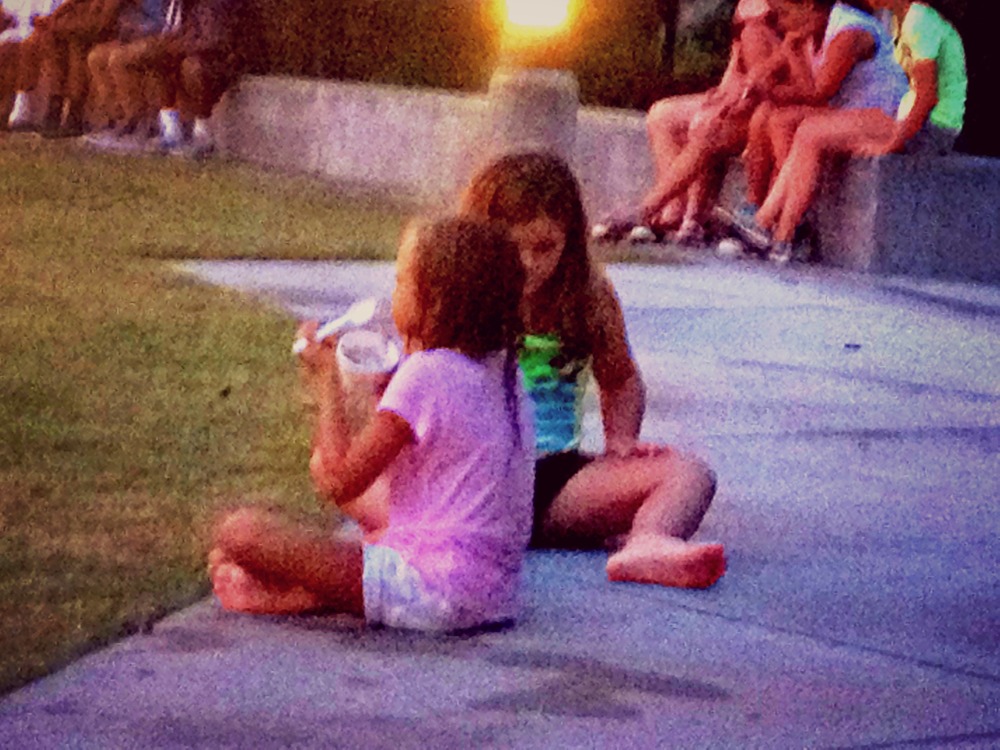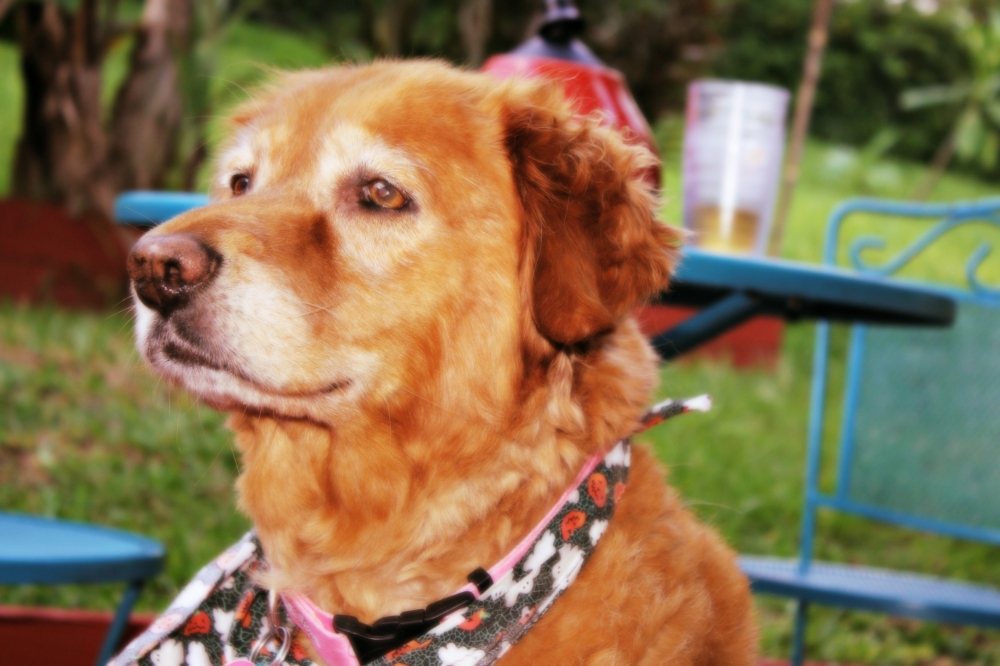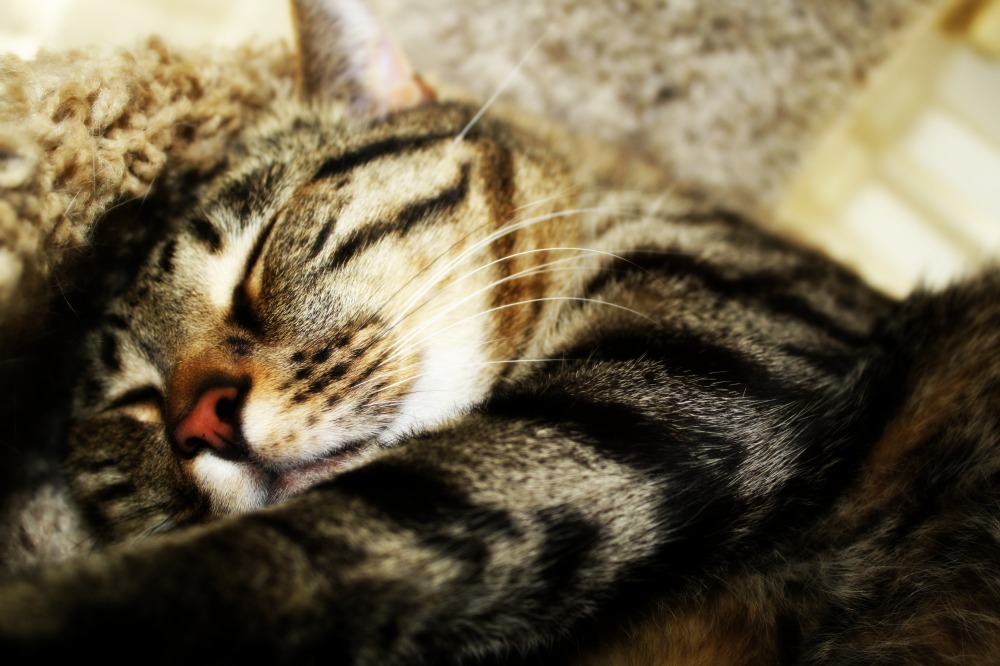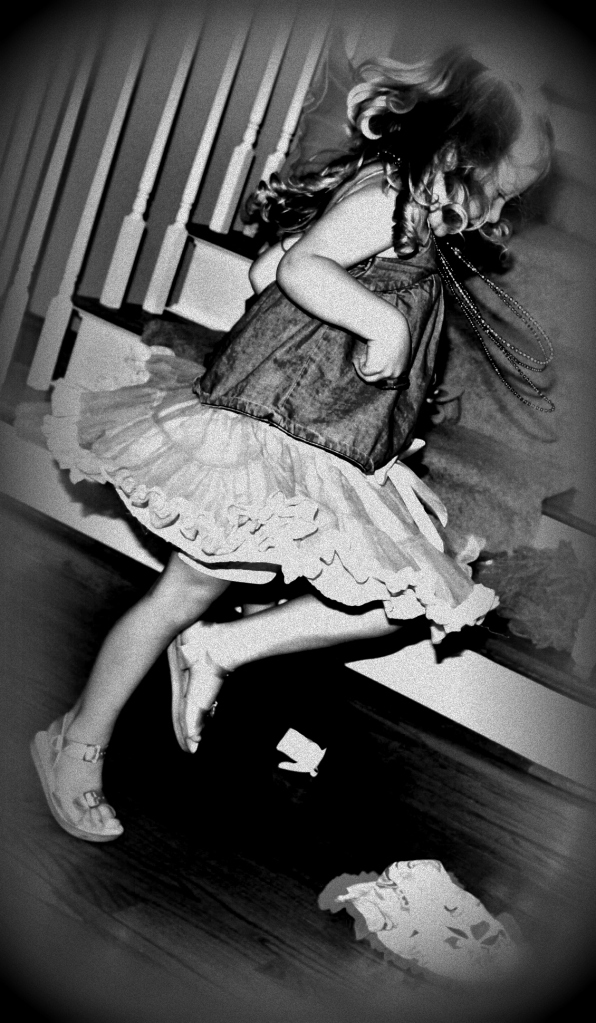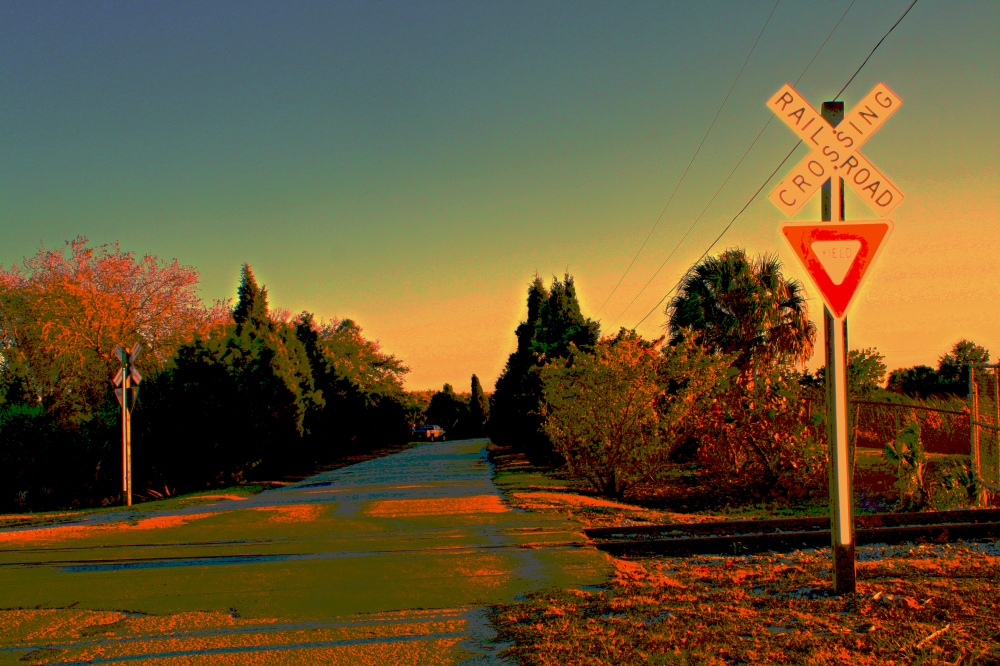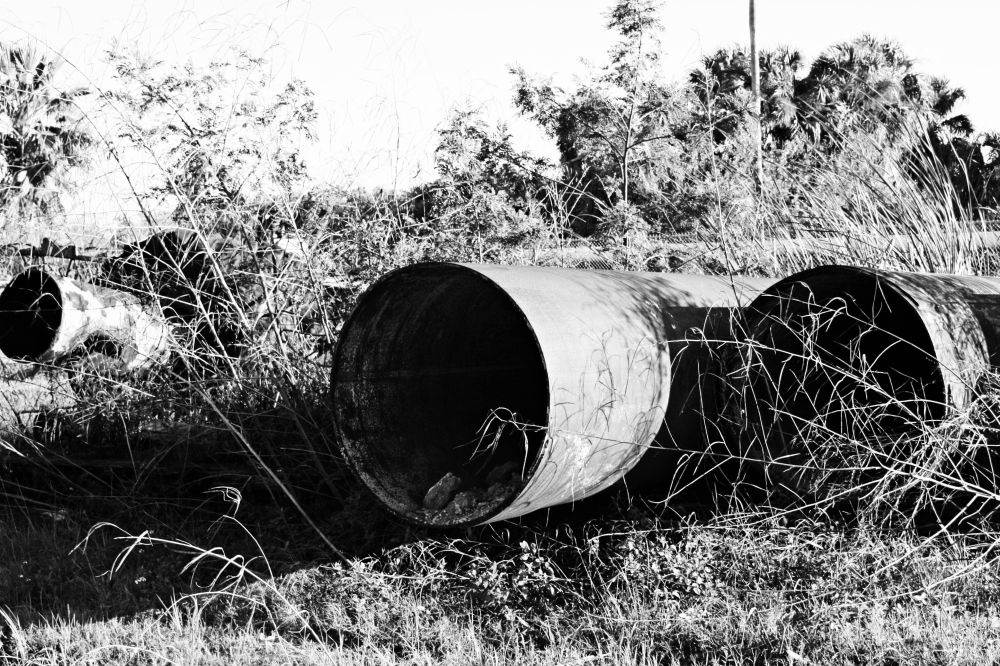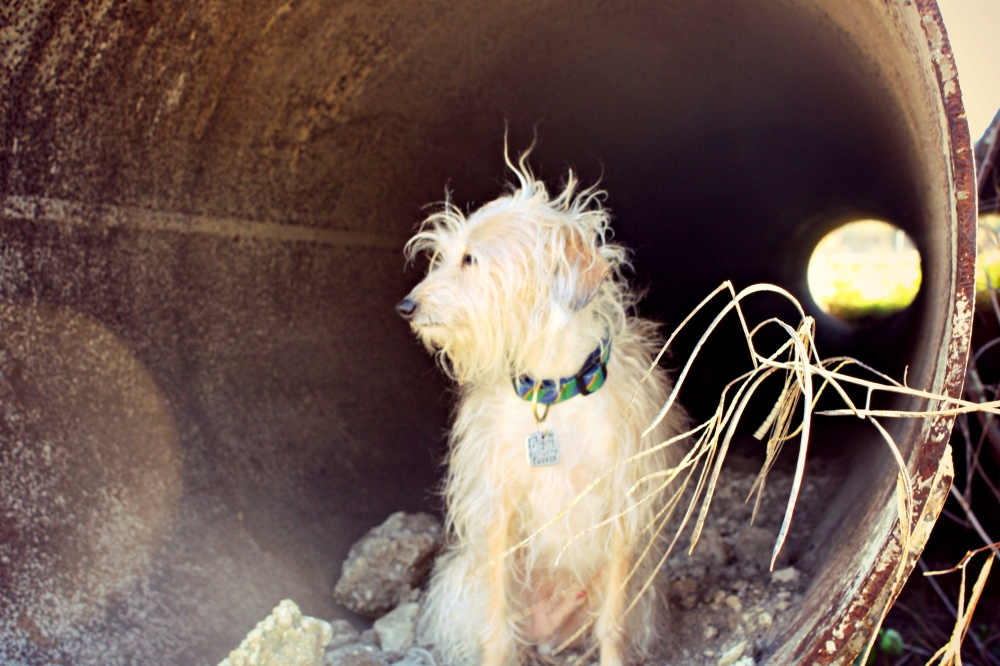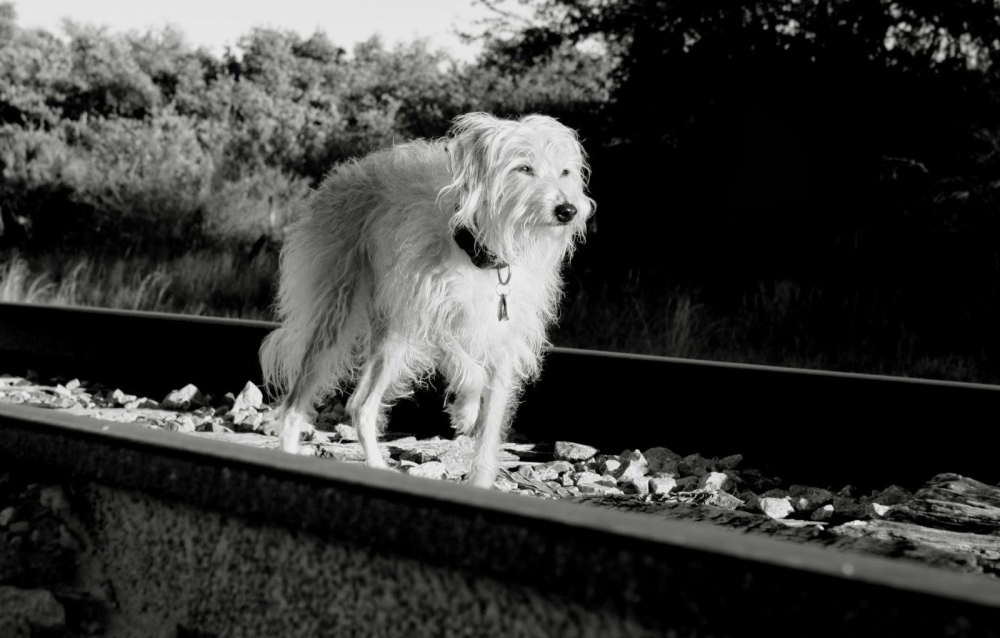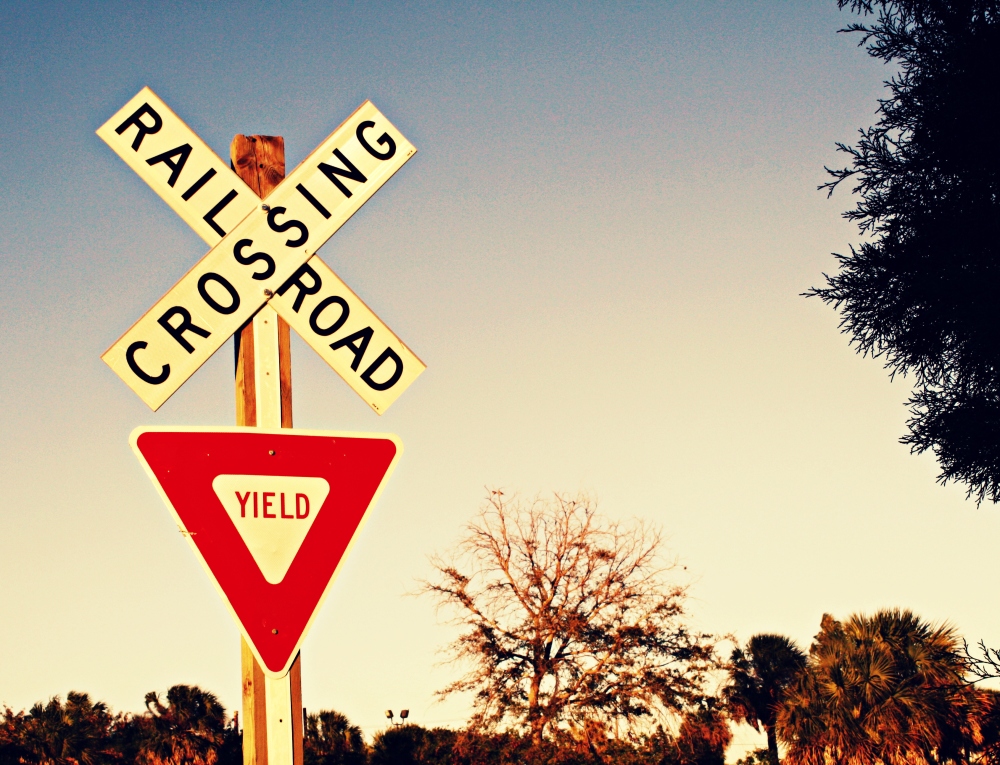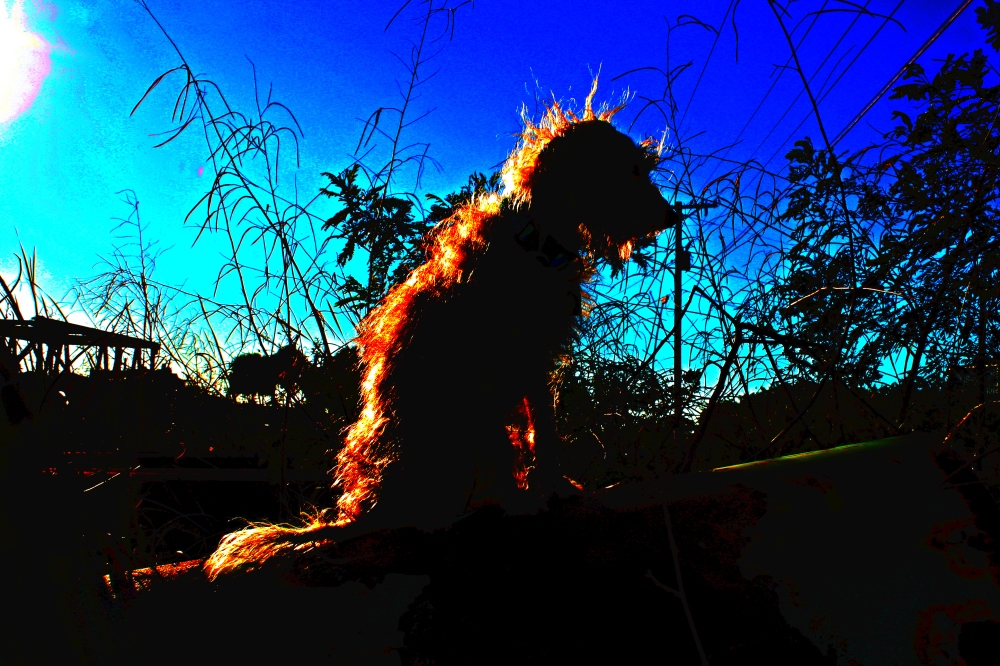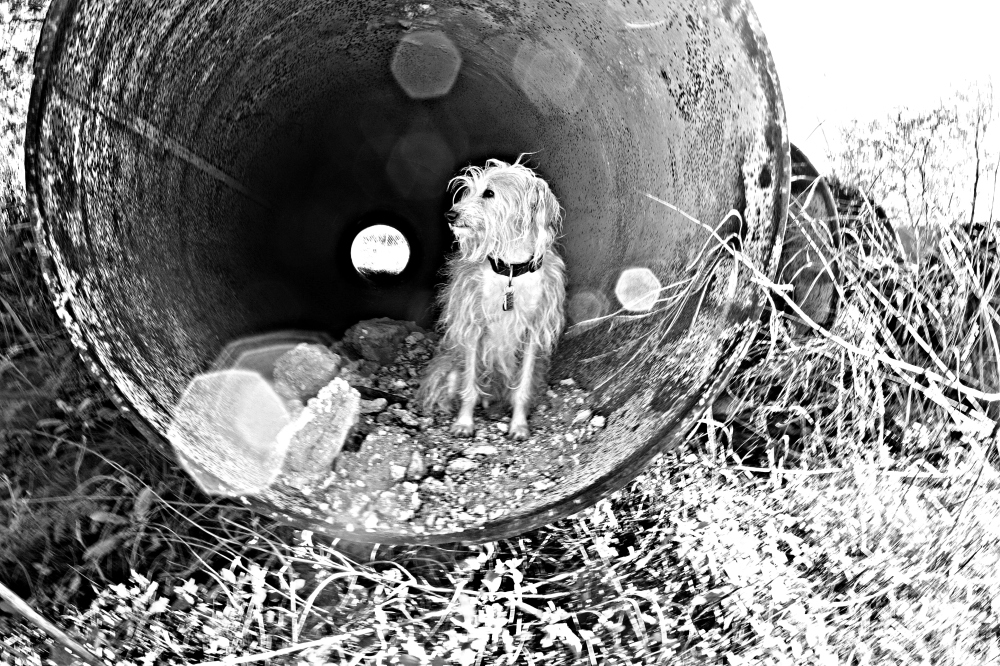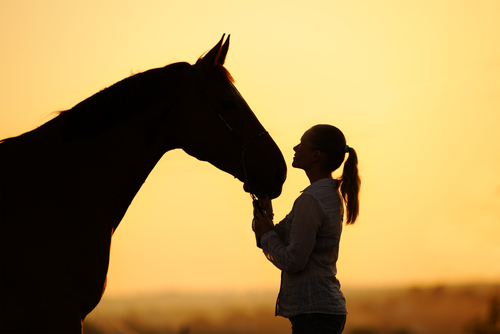
“The answer comes to me like a movie in my head. I am flat-chested and pigtailed, bending over the edge of a lake and watching the lacelike line of froth advance and recede, trying to determine what makes the water green. The sun is warm on my back. I am entirely unself-conscious – my body is a sack of flesh and bones whose function is to take me where I want to go.” – Elizabeth Berg (from the novel Open House)
I don’t know about you, but I remember those days. You know, the days before puberty. Before breasts and menstrual cramps and obsessing over boys, and whether the right boy (or the wrong one) liked you, or didn’t. Before that time, I was rather a feral sort of child. Not a tomboy, not really, but just a bit, if not wild, well, yes, I guess feral really is the right word. Only partially domesticated. I gave little or no thought to how I looked; my long, blonde hair was often snarled with twigs and leaves from my forays into the “woods” (which is really just what we called the overgrown vacant lot at the end of the street).
I’ve always been an animal lover, but as a kid, I extended that love, that sense of fascination, to almost all living things. I spent long stretches of time transfixed by the unceasing marchings of ant scouts, busily to-ing and fro-ing from their home mounds. I climbed trees and peered into birds’ nests, marveling at the matte beauty of the eggs, straining my ears to hear the faint peeping of the baby birds inside as the time for them to hatch from their shells grew closer. Born and raised in Florida, equally as at home in the water as on land, I snorkeled coral reefs, diving and surfacing and diving again, engrossed by the abundant and colorful life just below the surface of the water. On the beach, I dug my hands deep into the sand near the shoreline, delighting in the frantic tickling of sand fleas endeavoring to escape my loose grasp. I rode bikes and built tree forts. Most of my time was spent outside. Most of it in the company of animals.
One of the things I loved to do above almost all else, though, was ride horses. Growing up, family friends had horses that I rode, and I took English riding lessons with an instructor. When I was twelve, I got my own horse, a bay Anglo-Arabian mare with a star and a blaze whose barn name was Ginger. Like me, Ginger was a bit of a wild girl. She was sweet and mostly willing, but also spirited at the same time, and, like most mares, she had her own mind, and wanted to do things her way. Riding her was a challenge, a challenge I embraced and thrived on.
See, almost anyone can get on a reasonably well-broken horse, and guide it from Point A to Point B, but that isn’t really riding. It’s being a passenger. Riding, at its best, is a partnership, in which the rider trusts the horse and the horse trusts the rider, and there is mutual respect, and yes, even love. It is asking an animal that outweighs you by roughly a thousand pounds to do as you bid it using only gentle pressures of your fingers on a set of leather reins or the pressure (or lack thereof) of your legs against its sides and having that animal, who could absolutely refuse to comply, say “yes.”
When there is mutual respect and trust, riding a horse can be a magical experience. When there is also love, it surpasses mere magic and becomes transcendent. And despite the thrill of competition, it is something that really has nothing to do with ribbons or silver cups, or who came in first. In fact, almost before my show career really got started, it was over for me. My parents couldn’t really understand this, although I think they were probably relieved, given how expensive it can be to show even at a local level. Initially, though, they were understandably confused. After all, I finally, after begging for one almost since I could speak, after badgering them to drive me to horse shows in which I wasn’t even competing just to watch my friends ride and to be around horses, had my very own horse, and all of a sudden I wanted nothing to do with the shows I’d been desperate to get to in the past. In fact, after awhile, I didn’t even want to take lessons anymore, because I was sick of the constant pressure to reconsider my decision not to show.
Looking back now, I understand why my trainer pressured me. For one thing, the discipline of riding is, well, a discipline. It takes years, and hours upon hours in the saddle, to become truly proficient in giving the necessary aids in the correct order, in precisely the right way, so that the horse understands what is being asked of him, and a common bystander has no idea what has suddenly caused the horse to move from a walk to a trot, a trot to a canter, and back down to a walk again, to change directions, to move laterally from one side of the arena to the other, and so on, because the aids are that invisible, and because the horse and rider are so much in concert that at times it seems as though they are one body, a single mind, a united purpose. A good trainer knows this, and instills the desire for excellence in her students.
On the other hand, though, blue ribbons won at shows garner attention. There are endless numbers of horse crazy little girls brushing the manes and tails of their My Little Ponies with infinitesimal little combs, cantering around their backyards neighing to themselves and begging their parents to take them to the horse shows at the local fairgrounds on weekends. I know, because I was one of them. And because horses are expensive to feed and to board, a comparative few are fortunate enough to have, as I was lucky enough to, a horse of their own. Weekly lessons on a favored mount and the chance to show that horse in a few classes at weekends is as close as many horse crazy kids are likely to get, and students winning blue ribbons mean an endless stream of up and coming horse lovers begging their parents for lessons at your barn, which is how many of the horse crazy kids who grew up to be horse crazy adults can finance their own passions. And so it goes.
What I discovered once I had my own horse was that, now that I didn’t have to take those weekly lessons in order to even get close to a horse, and could in fact spend all day at the barn if I wanted to (which I did), I quickly lost interest in lessons and showing. Like anything else competitive, there are politics involved in it, even on a local level, and also a lot of expense, and a lot of pressure. Competition is fierce, and I had a natural competitive streak. If I was going to compete, to show, I wanted to win. Unfortunately, winning isn’t always possible, and even when you do win, sometimes the victory can feel like an empty one. Also, at twelve, while I was still pre-pubescent, still pre-adolescent, that particular storm was gathering on the horizon, gaining force, preparing to make itself known. And already there were twinges. So I withdrew from that particular arena, both literally and metaphorically. I quit showing, and eventually quit lessons as well, in favor of spending long hours largely alone with Ginger. I couldn’t get enough of grooming, riding, and training her – my very own horse.
I was in junior high at this time, and others may disagree, but speaking only for myself, it was probably the most difficult time of my life. (That transition from child to teenager was, for me, almost harder than the transition from teenager to quasi-adult. True adulthood, I suspect, has, even in my 43rd year, eluded me thus far. They say you aren’t truly an adult until your parents are no longer alive, and so, personally, I hope I’m not a ‘true” adult for a long time yet. I may own my own home, I may pay taxes, have a demanding career, and be for all intents and purposes a fully functioning member of society, but whenever or if ever my back is against the wall, I’m dialing the ten digits connecting me to that house on the river where I grew up as fast as my fingers can go!)
Looking back, I see what a centering influence those long hours at the barn (which incidentally was not the same barn where I’d taken lessons – a “show” barn; the barn where I boarded Ginger was for mostly people like myself, who may have been very proficient in the saddle, but were not interested in showing or ribbons, who just wanted to ride for the sake, and the joy, of it), were for me. How grounding they were. Unlike many girls my age, I wasn’t spending hours looking in the mirror and measuring the shape of my eyes and the length of my nose or the poutiness of my lips against the models in fashion magazines. I wasn’t trying to sneak out of the house to meet boys wearing clothes inappropriate for my age. I was spending eight and nine hours a day at a stable, mostly in the company of other adolescent girls or women, either riding my horse, or grooming her, or mucking out her stall, or standing in the center of a round pen, lunge whip in hand, as she cantered circles around me, waiting for her to settle, to quiet, to drop her head, engage her hind end, and use her whole body instead of prancing around with her nose in the air as she wanted to do.
Or, in other words, the only thoughts I really had about my body were in relation to how it affected my riding. Ginger, as I mentioned, was a challenge to ride, being fairly green and also on the spirited side. She was unlike the well-schooled mounts I’d lessoned on for years, even the ones I’d ridden most recently as I got older and more skilled. Then, too, she was a mare. (It is worth mentioning that when it comes to horses, most of those who are “in the know” consider a gelding, or a castrated male, to be a far superior mount, all other things being equal, to a mare. Mares can be moody and temperamental, while at the same time being sensitive, and then of course, there is the same monthly cycle that all women everywhere are slaves to.) So even though I’d been riding for years by then, we still had some difficulties in the beginning. It took awhile for us to learn to read each other, to trust each other, and finally to love one another.
It’s not the kind of thing you can rush, the rare and precious alchemy that transformed a young girl and a young horse from two separate beings, each with her own ideas about how things should be done, into what, at times, felt like a single body, a shared mind, and one beating heart, filled and pumping with the joy of being young and strong and vibrantly alive in a world of our own making. It was, for me, the best kind of solitude – alone, but never lonely. Oh, how I miss it.
Eventually, after several wonderful years together, I had to say goodbye to Ginger. I was heading off to college, and my parents, quite honestly, couldn’t afford to send both of us. And in truth, even in the year or two prior to saying goodbye to her for good, I had started to pull away from Ginger. That world of horse and stable was a grounding, a centering force in my life for a number of years. An insulating force, too, I realize now. It kept me from focusing too much too soon on my burgeoning body, and the increasingly adult thoughts and feelings that are a natural part of growing up and which tend to exert force over our actions long before they probably should, or before we’re truly prepared to handle the consequences of those actions. I did not, as I see now that so many of my peers did, grow up too soon. I was too focused on things that were completely apart from those that occupied most of my peers’ waking hours – mainly makeup and clothes and boys and how to use the ones to influence the other. The stable, I see now, was my own little Neverland, and I dwelt happily in it for as long as I reasonably could. Eventually, though, I had to take my place in the real world. I had to grow up, and until very recently, six months or so now, horses had not been a part of my life for a good twenty years.
In twenty years, you change a lot. In gaining new skills, you often lose those you once took for granted. Riding has been like that for me. Much of it is almost cellular, innate. But a lot of it isn’t, I’ve found, and I’ve had to work hard to regain it. Often, I’ve been frustrated, because, accustomed to riding well and almost without having to think about it, I’ve had to recognize that I’m older now, and a bit out of shape, and my body doesn’t obey me as readily as it did years ago. Also, I no longer have the luxury of spending hours, let alone entire days, in the saddle. I ride two hours a week, and there is a limit to what can be accomplished during that time. I’ve had to learn to be patient, with myself, and with my mount, which can vary from week to week because I am using stable-owned horses for my lessons. They are wonderful horses, one in particular, but they are not mine. I do not have the bond with them that comes from hours and days and weeks and months and years spent in one another’s company, learning to respect and trust and love each other. Wonderful though they are, they are not my Ginger, and of course I am no longer the girl, or the rider, I once was. So even when my mount and I are working well together, it is still just that: work. Which is fine. Wonderful, even. I am so thrilled to have found my way back to something that gave, that gives, me so much joy. Yet I do still miss that magic, that transcendence, that feeling of pure, unfettered freedom. I have wondered, often, if I will ever experience its like again.
And then, yesterday evening …
The feeling comes to me softly at first, like a tap on the shoulder from an unseen hand, a whisper in my ear: “Look!” I look, and see, as if in pentimento, both my middle-aged self, wearing a regulation riding helmet and black stretch riding pants astride a tall bay gelding, and the teenager I once was, bare tan legs wrapped around the barrel of a fine-boned bay mare. So different, and yet, we are one and the same. A late afternoon rainstorm has come and gone, the Indian summer heat vanquished for the moment. The breeze on my cheeks is even a little bit cool. It’s been a good lesson so far – my body is listening to my mind for a change, and things are clicking. The horse beneath me is not the one I knew as well as my own skin those many years ago, but we’re beginning to be able to read each other. I circle the ring at a posting trot, and then, at the corner of the arena, I sit for a moment, squeeze my legs against my mount’s sides, apply pressure on my left rein, and make a kissing sound with my lips. The bay gelding beneath me rocks forward into a canter, and as we circle the arena again, I point him toward a small crossrail. I count strides in my head. One two three … one two three … one two three. Until, in seconds, the fence is just three strides away. One. Two. Three. I close my legs around my mount. He gathers himself and leaps. I lean forward in my saddle, my hands and arms moving forward to follow the motion of his mouth. For the briefest of moments, we are no longer earthbound. Ah, yes. I remember now.
